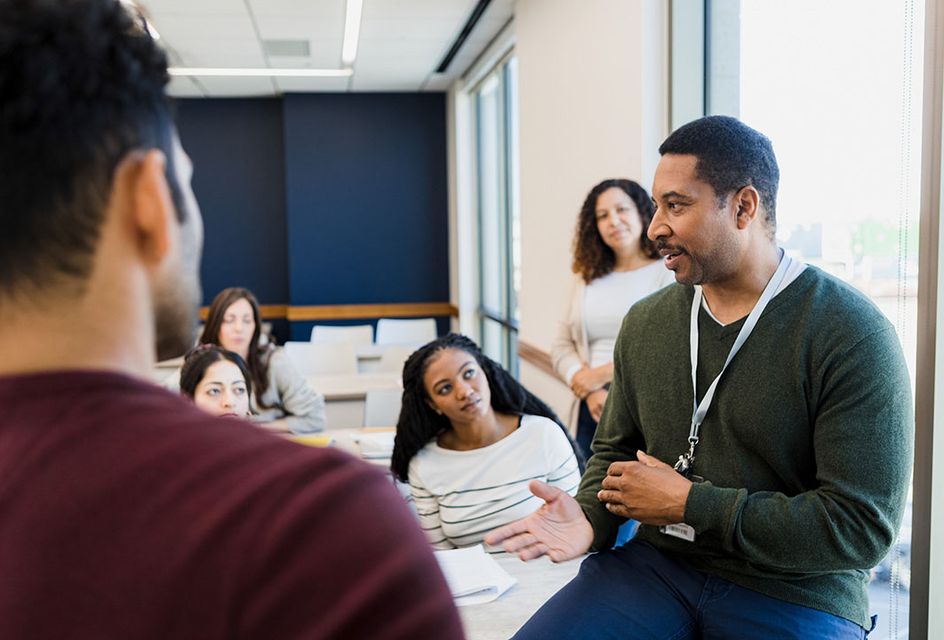Why is public health education so important?
Author: Samantha King 24 January 2025 1 min read
Samantha King, Head of Membership & Educational Services, writes about the important role public health education plays in protecting and improving the health of the public.

Today is International Day of Education, a day to celebrate the role that learning plays in all our lives.
Education is particularly important for public health. It has the power to reduce health inequalities and ensure that everyone has access to the building blocks of health.
For this reason, it is crucial that education must be accessible to everyone – but currently, this isn’t the case.
The social determinants of health – such as your housing, your environment or your income – can affect your access to education and your educational success.
If we want everyone to have the chance to improve their health and the health of those around them, then these determinants must be addressed.
Why should we learn about public health?
In short, public health education and training can help people live healthier lives.
By understanding the social determinants of health, individuals can promote healthy behaviour change, prevent the spread of diseases and address health inequalities.
Education and training also ensure accessible routes into public health professions for the wider public health workforce, who are key to ensuring the health of the public. By offering members of the workforce at all career levels access to training and education, we can empower more people to help prevent ill-health.
What public health education and training opportunities are there?
As the UK’s leading provider in public health qualifications and the oldest public health agency in the world, RSPH has a long and proud history of advocating for and enabling changes that transform the nation’s health for the better.
We train thousands of people every year. From stopping the spread of diseases to encouraging behaviour change, we know how important it is that both the public and the workforce can respond to the public health challenges of today.
For example, our Making Every Contact Count (MECC) training programmes are teaching staff to integrate more conversations about mental health into their routine practice to influence behaviour change. We found that over two years, participants engaged in more than 38,500 conversations about mental health every two weeks, making a huge impact on behavioural changes to improve self-care and signposting to specialist support services.
Outside of the workforce, we also provide training courses to people all over the globe. Our Level 2 Award in Understanding Health Improvement, the recognised qualification for Health Champions, equips learners with everything they need to know to improve the health of the people around them. This includes understanding what a healthy lifestyle looks like, how inequalities develop, and how they can motivate others to make changes to improve their health and wellbeing.
What can we do to make public health education more accessible?
If we want to unlock the full potential of public health education in reducing health inequalities and enabling people to live healthier lives, then we need to ensure that learning opportunities are available to everyone.
That’s why we’re making it our mission to create accessible routes into public health careers with quality education pathways, to develop skills and capacity within the workforce to protect and improve the health of the public.
We have big things planned in the public health education space this year. We want to make sure you’re a part of that, so make sure you sign up to our newsletter to keep updated.
